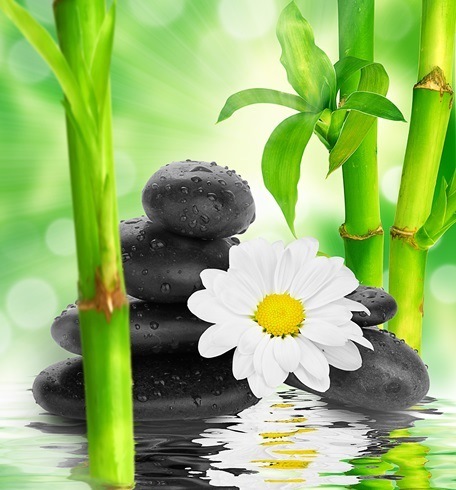I've been told that in ancient China, families paid physicians regular fees to keep them healthy. If someone became sick, the doctor wouldn't be paid until the patient's health returned. This system reflected the culture's value on disease prevention and maintenance of wellness.
I was reminded of this wisdom at the inaugural Cancer Survivorship Symposium recently put on by the American Society of Clinical Oncologists (ASCO) and the American Academy of Family Physicians. As a prevention-oriented physician serving cancer survivors, I attended because I wanted to hear the state of the medical establishment's dialogue on cancer survivorship.
That this conference was jointly coordinated by the societies for oncologists and family physicians is a significant (if overdue) development. In the last decade, it's finally been recognized that there's a gaping hole in the care of people transitioning from acute cancer treatment to survivorship. The physicians on either side of this hand-off are finally talking to each other, and that's good news.
What I found less encouraging was this emphatic mid-conference statement:
"If you take away only one thing away from this conference, it's that cancer survivorship is a complex chronic condition."
Complex chronic medical conditions affect multiple organ systems, may require the attention of multiple providers and require lifelong management. Think Lyme disease, or rheumatoid arthritis.
Does grouping cancer after-care with these debilitating and typically incurable conditions serve you as a cancer survivor?
If this definition keeps your doctor focused on the fact that there are physical and emotional after-effects of cancer treatment that require her ongoing attention, perhaps it's helpful. Heaven knows too many survivors have had their concerns brushed aside by physicians who couldn't see why anything would be wrong after treatment is over.
But in my experience, survivors in remission have two primary concerns: "How do I get past the physical and emotional effects of this experience so I can live a 'normal' life?" And "What do I need to do so this never happens again?"
Therein lies the rub, because our medical and insurance systems are designed and equipped to treat only until active disease goes away. Unlike in ancient China, there's no training and little incentive for doctors to return people to robust wellness in the aftermath of active disease.
Given the glacial pace of cancer cure research, proactive cultivation of wellness is likely our best near-term opportunity to increase survival rates and improve quality of cancer survivors' lives. It also promises to reduce healthcare costs, rather than doggedly pursuing the path of initiating costly treatment only after disease recurs.
But are we going to get there by squeezing survivorship into the definition of a disease?
---------------------
Dr. Shani Fox helps cancer survivors get back in charge of their health and rebuild their confidence so they can make the most of their new chance at life. She encourages survivors not to settle for a "new normal", but to create a "new extraordinary".
Dr. Shani is the creator of the leading-edge "Back in Charge!" medical model for survivor care and the author of The Cancer Survivor's Fear First Aid Kit. Her messages about your innate power to create wellness and happiness make her a popular national speaker, radio guest and blogger for cancer survivor communities.
Dr. Shani's "7 Common Myths Cancer Survivors Fall For...and How to Avoid Them" busts misconceptions that may stand between you and the health and happiness you deserve after cancer. Download your free copy today at www.7cancermyths.com .
